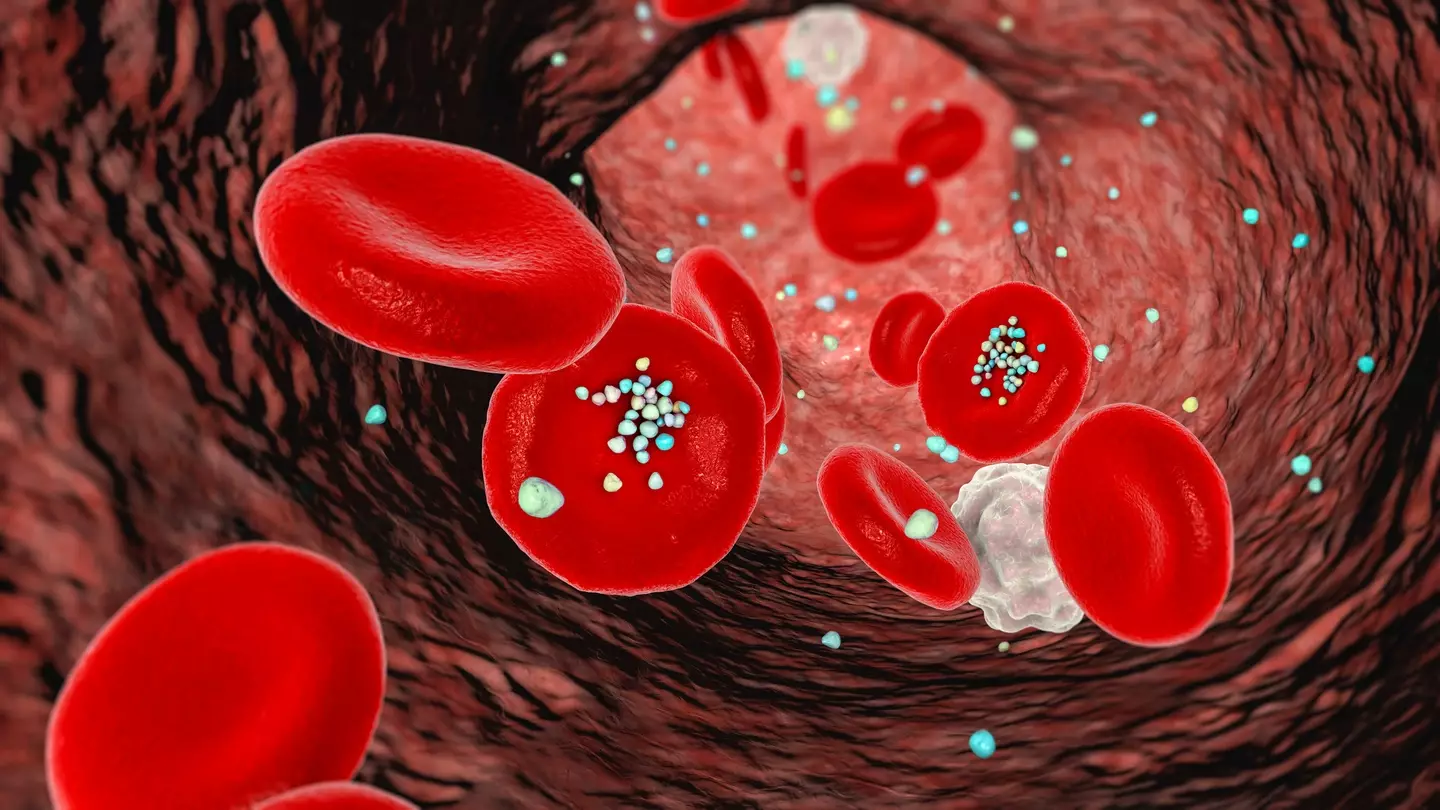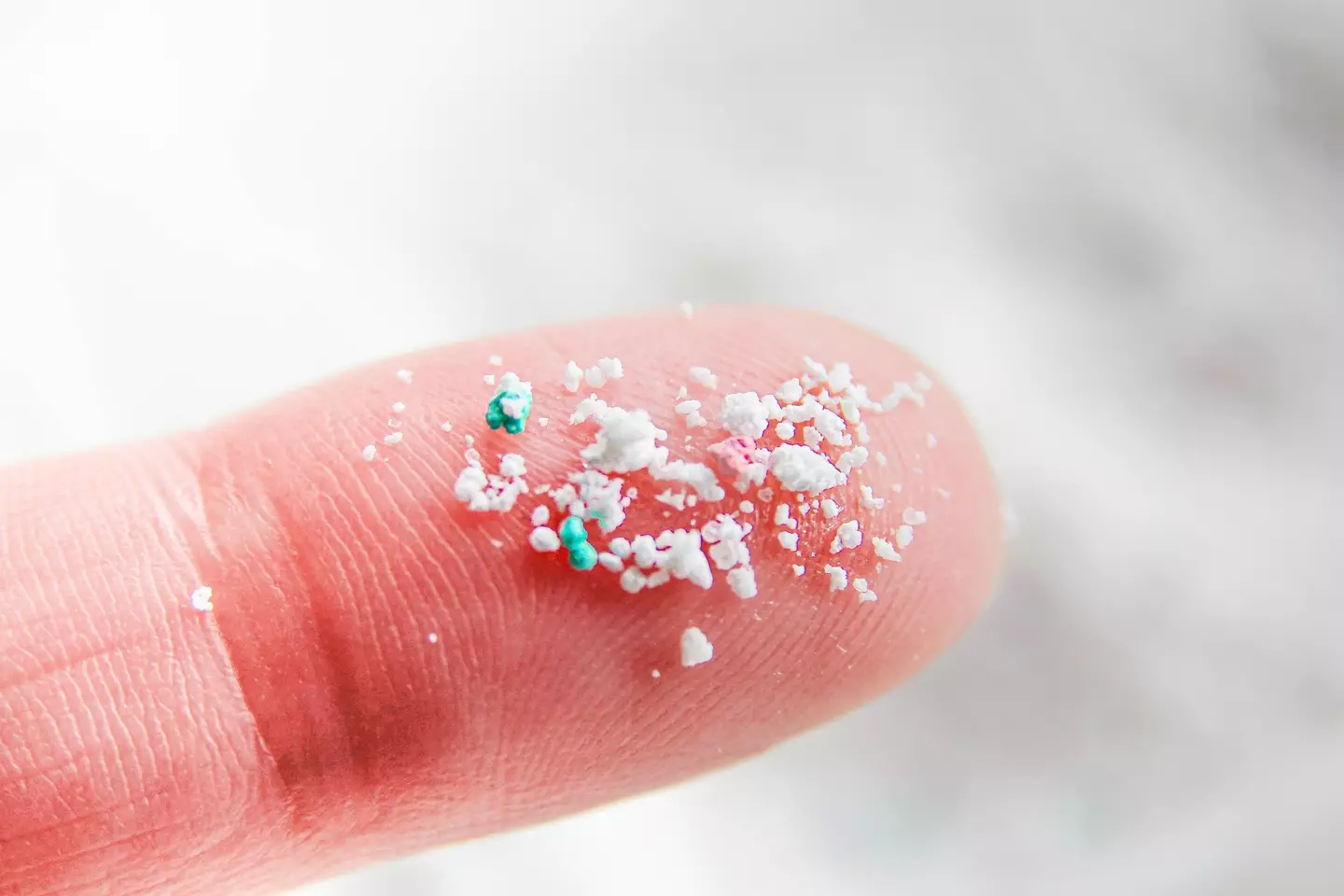
In news that’s equal parts disturbing and bizarre, scientists have uncovered a deeply unsettling presence in human reproductive fluids.
Presented at the 41st Annual Meeting of the European Society of Human Reproduction and Embryology (ESHRE), and reported by EurekAlert!, researchers make a shocking discovery in more than half of the male samples and over two-thirds of the female ones.
This first-of-its-kind research looked at seminal fluid from 22 men and follicular fluid from 29 women.

Advert
What did they find? Microplastics. The same plastic particles you associate with polluted oceans and fish guts.
To be precise, microplastics were present in 55% of the semen samples and 68% of the follicular fluid samples.
That means plastic is not just in your bloodstream or your lung — it could be lurking in your sperm or your potential future children’s egg cells.
Leading the study was Dr Emilio Gomez-Sanchez, who said: “Previous studies had already shown that microplastics can be found in various human organs. As a result, we weren’t entirely surprised to find microplastics in fluids of the human reproductive system, but we were struck by how common they were — found in 69% of the women and 55% of the men we studied.”
The scientists used laser-based infrared microscopy to analyse the samples and identified a whole bunch of plastic types you’d usually find in packaging, textiles, and even non-stick cookware. Among them were polytetrafluoroethylene (PTFE), polystyrene (PS), polyethylene terephthalate (PET), polyamide (PA), polypropylene (PP), and polyurethane (PU).
In short, a cocktail of plastic waste where you’d least expect or want it.
The study didn’t go as far as proving that microplastics mess with fertility, but researchers made it clear that the potential risks are worth digging into. Dr Gomez-Sanchez explained: “What we know from animal studies is that in the tissues where microplastics accumulate, they can induce inflammation, free radical formation, DNA damage, cellular senescence, and endocrine disruptions”.
“It’s possible they could impair egg or sperm quality in humans, but we don’t yet have enough evidence to confirm that.”

The team’s next steps involve widening the study to more participants and taking into account environmental exposure and lifestyle factors. They’ll also examine how microplastics may be affecting the actual quality of eggs and sperm.
So, while this isn’t confirmation that your fertility is being sabotaged by plastic just yet, it’s a pretty strong sign that what we chuck into the environment is starting to come back to haunt us in very personal ways.
Dr Gomez-Sanchez did urge calm, though, noting that fertility is complex and influenced by many things: age, health, genetics, and more. Still, the idea of plastic floating around your reproductive system is enough to make anyone think twice about what’s really in our air, water, and food.
